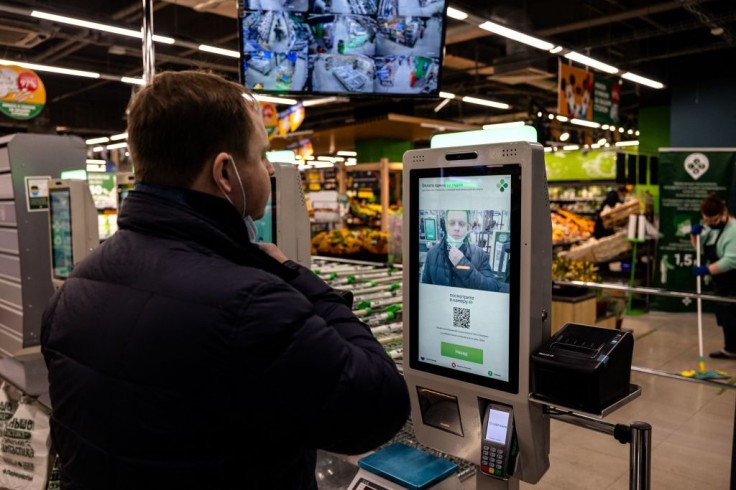In the U.K., major cinema chains will now accept digital identification as proof of age.
This means that young individuals aged 13 and up can use their smartphones to verify their age, eliminating the need to carry essential ID documents.

Major Cinema Chains Will Be Partnering With a Digital ID Firm
The U.K. Cinema Association, which includes Showcase Cinemas, Cineworld, Odeon, and Vue, has teamed up with digital ID firm Yoti to verify people's ages, according to the report by BBC.
The new solution aims to alleviate the difficulties many cinemas face in checking ages as required by the existing film classification system.
Yoti uses the same technology used at airports to scan your passport and take a picture of your face.
To use the Yoti ID, children will need a smartphone to download the free app and enter information from their passport and a recent photograph.
The digital ID card will then display an image that has been age-verified, which the cinema personnel can approve.
Yoti's apps have been downloaded over 11 million times worldwide and are already used by organizations such as the NHS, Virgin Atlantic, and the NSPCC.
What Is the Primary Reason Why This Method Was Introduced?
It is thought that having a digital ID will relieve staff burden when conducting age checks.
According to Cineworld's Vice-president of Operations, Shaun Jones (via BBC), abuse against their personnel occurs more frequently than most people might think — not only from children but also from parents. Therefore, he hoped that Yoti's digital ID technology would significantly reduce employee exploitation.
Not All Digital ID Stories Ends in Happy Ending
Caused by major outrage on social media, India has retracted a warning asking users not to share photocopies of their national biometric ID.
Tech Crunch reported that on Friday, a regional office of the UIDAI, the body that oversees the national biometric ID system Aadhaar, issued a warning to users that "unlicensed private entities" such as hotels and theater halls are "not permitted to collect or keep copies of Aadhaar" to avoid misuse.
It should be noted that Aadhaar is a 12-digit unique number that ties an individual's fingerprints and retina scan.
Individuals, on the other hand, reacted negatively to the warning. They implied that various establishments in India now have a copy of their Aadhaar as this was the "first time they were hearing about such a possibility."
Due to this, the Indian government has removed the warning advising users not to distribute photocopies of their national biometric ID.
Aadhaar is the world's largest biometric identity system, with around 1.33 billion people enrolled, or roughly the entire population of India.
Despite New Delhi's marketing of Aadhaar as a "voluntary" ID system, critics have highlighted concerns about how its use case has been broadened and made required across various daily life activities.
Related Article : Self-ID Cameras Can Guess Your Age When Buying Alcohols In Supermarket









